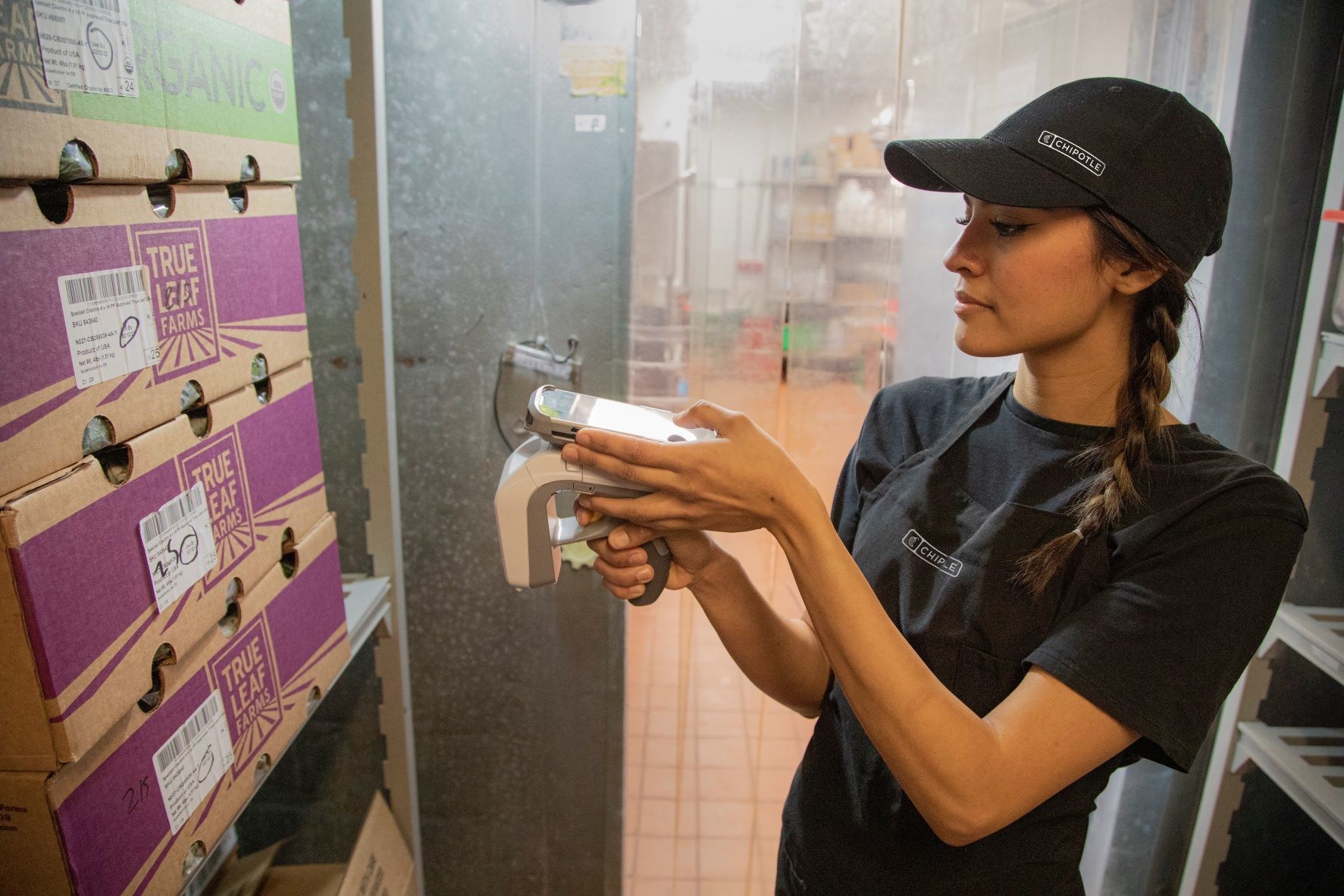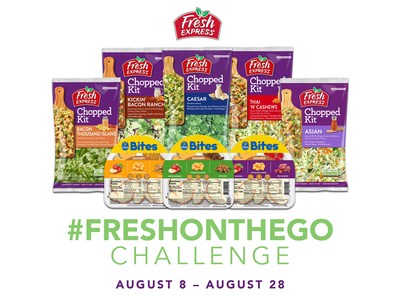RFID Continues to Improve Product Traceability Throughout the Supply Chain
In terms of logistics, traceability is the ability to track a product’s journey throughout the supply chain from the beginning stage (production) to the end stage, which is typically a retail store for consumer purchase. Product traceability is key to a successful supply chain and when the product’s journey is thoroughly tracked, the data can actually save a company’s time, money, and reputation. RFID technology has been used over the years to provide a transparent view into product traceability mostly in the food and pharmaceutical industries.
Chipotle
Just announced in 2022, Chipotle Mexican Grill will be using RFID technology for food traceability as well as for inventory management in their Chicago distribution center and surrounding restaurants. Chipotle decided to start this pilot program in Chicago because of its commitment to using responsibly sourced, humanely raised, and locally grown ingredients, all part of the brand’s rigorous Food with Integrity Standards. Because Chipotle spends so much time and money sourcing these high-quality ingredients, the company wanted a more detailed and transparent view into where the ingredients originated, as well as additional data like batch information, source dates, and transportation logs. What makes this approach to traceability so important and beneficial is the ability to quickly identify and handle any issues or potential issues with their ingredients.

“The tech-enabled traceability system is designed to allow the company to act on food safety and quality concerns swiftly, efficiently, and precisely.”
Food recalls happen on a daily basis, but the only way to dampen the impact is by being able to quickly identify the products involved and pull them from distribution or shelves. In order to do that, the retailer must have full visibility into each product and/or product shipment received - which is where RFID provides an advantage. There’s a big difference between a small-scale food recall on a particular produce item in select grocery stores versus a large-scale food recall from the same produce item that was served to thousands in a busy fast food restaurant. Chipotle is using RFID technology to prevent a large-scale food recall from impacting their customers and their brand.
Because traceability starts at the beginning of a product’s lifecycle, Chipotle has taken a lesson from Walmart by creating RFID playbooks for each of their suppliers. In these playbooks, Chipotle provides RFID do’s, don'ts, best practices, and benefits suppliers can expect from adopting RFID technology. Chipotle draws attention to some of these advantages, such as ‘saving supplier time on inventory management, stock rotation, mitigate human error, and increase expiration data visibility and accountability.’
In addition to traceability, Chipotle is taking advantage of RFID’s other benefits by using it to improve their inventory management. Learn more about how Chipotle is using RFID in this press release.
Metrc
Traceability applications are not just for the food industry, Metrc is a leader in track-and-trace RFID applications - specifically for the growing cannabis industry. Tracking individual cannabis plants from seed-to-sale has become a necessity due to the legal regulations that surround the plant’s growth and journey throughout the supply chain. In order to ensure that legal cannabis stays legal throughout its entire lifecycle, as well as to prevent illegal cannabis from entering the market, an RFID track and trace system was developed by Metrc, a third-party company. 1
The lifecycle of an individual cannabis plant is actually a 6-stage process, which includes - Plant, Harvest, Test, Process, Package, and Sell.

Each individual cannabis plant must be accounted for at every stage of the process in all 15 states that have legalized cannabis. In order to do this, Metrc provides growers with RFID tags to be placed on every viable plant. These RFID tags contain a specific unique number that correlates with the same number and relevant data in Metrc’s software database. These tags are extremely secure, durable, waterproof, and meet or exceed all standards set by each state. 2
Growers are then given RFID handheld readers in order to take inventory and report the status of each plant during different stages of its lifecycle. The software system behind Metrc is extremely advanced and allows users to constantly update each plant by taking inventory and by adding information like harvest dates, packaging dates, shipping information, testing results, chain-of-custody information, or other data.
Because states require this level of traceability, Metrc isn’t the only company that provides this type of track-and-trace cannabis system. Overall, these systems function as digital inventory control throughout the entire supply chain, manage production and keep manufacturers legally compliant.
To learn more about Metrc’s Track and Trace RFID system, checkout their website here.
Fresh Express
The global salad brand, Fresh Express, kicked off its “Fresh On the Go” promotion that extended from August 8th - August 28th in order to promote on-the-go fresh products, as well as to build brand trust among consumers. While most of this promotion was directed at building customer loyalty and featuring healthy products, the brand’s trust-building portion allowed them to open up about the high standard they have for their products, specifically their food safety and quality commitments. Fresh Express CEO discussed the brand’s dedication to traceability and accredited barcodes and RFID technology to be at the heart of their system.

As Rodrigo Bersanetti, Head of IT at Fresh Express, explains in one of their newly released videos - the combination of barcodes and RFID in a database and with a mobile application helps them to ensure their products are all traceable throughout the supply chain. In the video below, he walks through Fresh Express’s 4 steps to product traceability and features RFID technology heavily in step 2 to track product lot numbers.
See the video below to learn more about how they are using RFID and barcodes for their product traceability system. https://www.youtube.com/watch?v=9-Mnl2Hpm1w
Conclusion
For any questions on RFID in product traceability, comment below or contact us.
